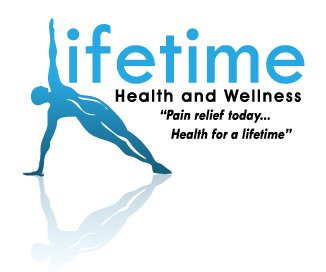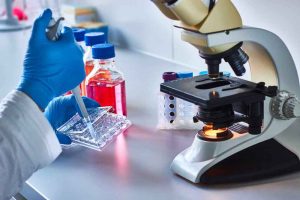Stem cell promoting amniotic tissue injections are now covered by Medicare and some private insurances here at Lifetime Health and Wellness
Our regenerative medicine, amniotic liquid allograft derived from the amniotic liquid within the placenta is great to advance soft tissue repair, replacement, and reconstruction.
Relevant Conditions
• Sports Injuries
• Joint Pain
• Tendonitis
• Fasciitis
• Muscle & Meniscus Tears • Wound Care
Injectable Amniotic Allograft Clinical Indications
Recalcitrant Plantar Fasciitis
• Emerging treatment in later stages of disease to avoid surgical intervention
• Pluripotent cells aid in reversing the chronicity of the disease
Tendonitis
• Aids in the reconstruction and realignment of repaired tendon fibers
Ligament/Tendon Repair And Augmentation
• Growth factors, cytokines and proteases contribute to the process of soft tissue healing
Osteoarthritis (OA)
• Reduction in pro-inflammatory metalo-proteases reducing pain and immobility
Non-Healing Ulcerations Of The Lower Extremity
• Reduction in tumor necrosis factor-α to allow for increased healing potential
Nerve Repair
• Reduction of adhesions by down regulating gene expression
Recent Research
- Amniotic membrane and amniotic fluid injections are considered a new line of treatment for many wound care and inflammatory musculoskeletal disorders.
- Recent research has indicated that this injection treatment modality is a reliable and low risk treatment option for these conditions.
- The research effort remains very active in this field. As with any treatment modality, there are certain recommended conservative care modalities that should be employed prior to using Fluid Flow.
- Overall, patient foot pain was found to be significantly reduced in all treatment groups from baseline. FAAM scores for both activities of daily living and sports sub-scales also improved in all treatment groups, with overall improvement ranging from 60 – 150% compared to baseline. All patients showed variable degrees of improvement with no patients showing any deterioration. Garras et al.
- Such grafts offer promising stem cell therapies with the potential to promote re-vascularization and tissue healing within poorly vascularized, non-healing wounds. In addition, amniotic allografts are not associated with problematic procumbent procedures and contain additional factors with anti-inflammatory and anti-microbal properties. Werber et al.
- Current research and clinical cases using amniotic membrane for repairing orthopedic tissues have shown that HADT allografts can have promising results in repairing injured and diseased tissues due to their ability to deliver a natural ECM biomaterial that contains many active biomolecules. There is great potential for the use of amniotic membrane allografts for regenerative applications in orthopedics.


